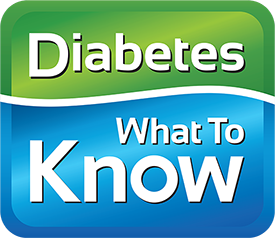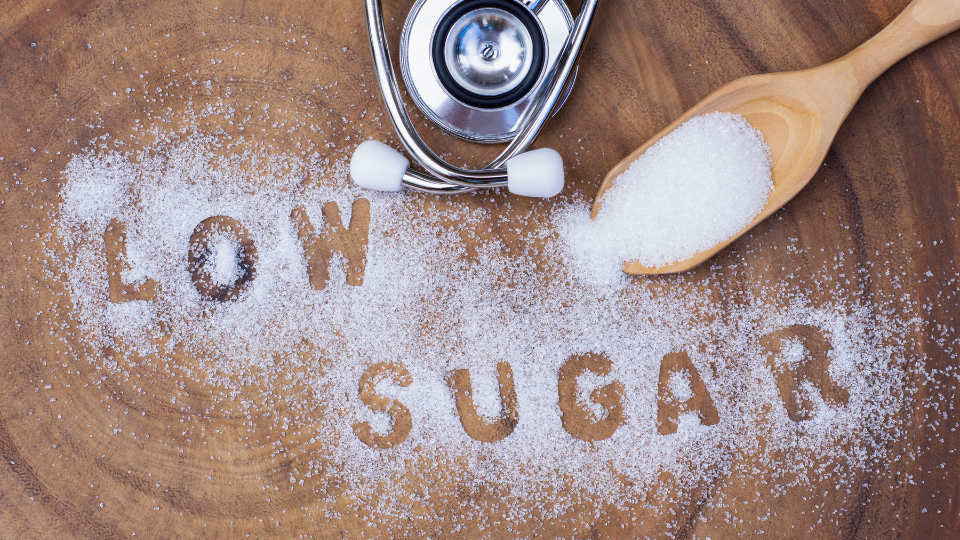What is low blood sugar and what causes it?
A blood sugar that falls below 70 mg/dL is considered “low” for most people. Talk with your doctor or healthcare provider about what might be considered too low for you.
The most common causes are taking too much insulin or other kinds of diabetes medicine that lower blood sugar. It can also be caused by being more physically active than usual or not having the usual amount of food (a missed or delayed meal or eating much less than normal).
How will I know if I am low?
The best way to know your blood sugar level is to measure it with a glucose meter. There are several common signs and symptoms of low blood sugar, including feeling:
- Shaky, sweaty, dizzy
- Weak or hungry
- Irritable or confused
- A headache
- Changes in vision
- Difficulty focusing on a task
How do I treat a low blood sugar?
If you start feeling low, check your blood glucose right away. If you are below 70 mg/dL (or below your goal) it is important to eat something containing about 15 grams carbohydrate to bring your sugar back up. Any one of the following will work – but it is important not to take too much – just the recommended amount, or your sugar could go too high.
- 4 glucose tablets
- Half a glass (4-6 oz) of juice or regular soda
- 1 tablespoon of sugar, honey or regular jelly
- 2 tablespoons of raisins
- 1 tube of glucose gel
After eating something, wait 15 minutes and check your glucose again to see that it has gone up. If you are still low, you may need to eat a little more. If your next meal is more than an hour away, have a small snack such as some cheese and crackers.
If your blood sugar is not going up after treatment, call your healthcare professional immediately.
Important Reminders:
- Check your blood glucose if you think you are low; treat lows right away.
- Always carry something with you to treat a low.
- People who take insulin are at higher risk of having a low blood sugar. Some diabetes medicines have a very low risk of causing lows. Talk with your doctor to understand your risk.
- In rare cases, glucose may fall so low that the individual may pass out. In that case, a special treatment called “glucagon” is needed. Don’t try to make anyone eat or drink something if they are not fully conscious and call 911 for help.
The medical information on Diabetes – What To Know’s website is provided as an information resource only. The content is not in any way intended to be nor should you rely on it as a substitute for professional medical evaluation, diagnosis, advice and treatment.

